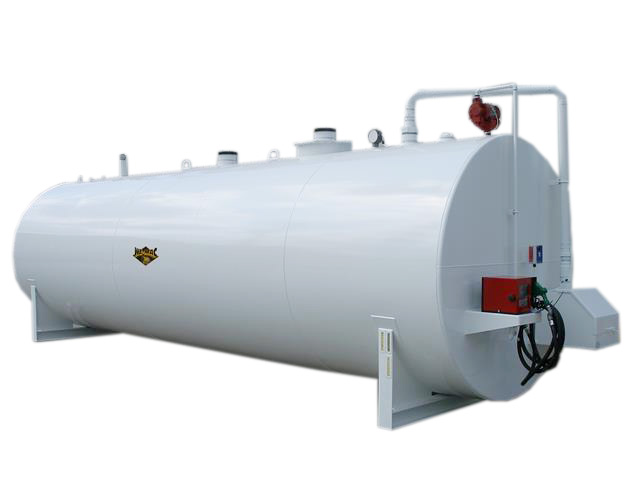The outer tank provides the secondary containment to the primary inner tank.
Do double wall tanks need secondary containment.
Use of certain double wall aboveground storage tanks asts for secondary containment purposes.
Chapter 4 secondary containment and impracticability.
This is in response to your letter of december 28 1992 in which you requested from the occupational safety and health administration osha an interpretation on whether the use of double wall above ground tanks is acceptable for secondary containment of flammable and combustible liquids in place of diking to meet the requirements of 29 cfr 1910 106 b 2 vii.
An owner or operator of a facility can self certify and their spcc plan if they qualify as a tier i or tier ii facility.
Subpart i use and management of containers 40 cfr 264 175 which covers portable storage containers such as 55 gallon drums for hazardous waste and the second in subpart j tank systems 40 cfr 264 193 which covers large stationary containers.
Double wall plastic storage tanks have their own secondary containment.
Such as a tank or pipe will not escape the containment.
Secondary containment may be either active.
These secondary systems must have sufficient volume to hold all of the primary tank s liquid capacity plus a hefty extra percentage to ensure proper containment.
Double wall tanks have the added benefit of keeping rainwater out.
If your tank is outside you will not have to worry about the weather.
When using open containments you have to deal with leaves dirt and debris which will enter the containment.
It is a good idea to ask the manufacturer whether your tank fulfills this requirement.
Having double walled tanks or other devices that could prevent a release such as man made berms dikes and barriers does not exempt a facility from needing an spcc plan 40 cfr 112 1 d 1 i.
Typically secondary storage will be a dike system concrete vault or double wall steel storage tank.
The epa stipulates that certain requirements must be met for the second wall to be considered a secondary container.
A copy is attached for your reference.
The epa refers to the need for containment and secondary containment in two different areas.
Inner tank dome overlaps outer tank sidewall to prevent rainwater snow and debris from entering into the containment basin.
Double wall storage tanks and secondary containment systems provide protection against hazardous chemical spills double wall tanks imt provide the best protection against hazardous chemical spills into the environment.
Part of using a double wall fuel tank is making sure it is up to industry standards.
This guidance also clarifies when shop built double walled asts satisfy the applicable secondary containment requirements in the spill prevention control and countermeasure spcc rule found at 40 cfr part 112.

